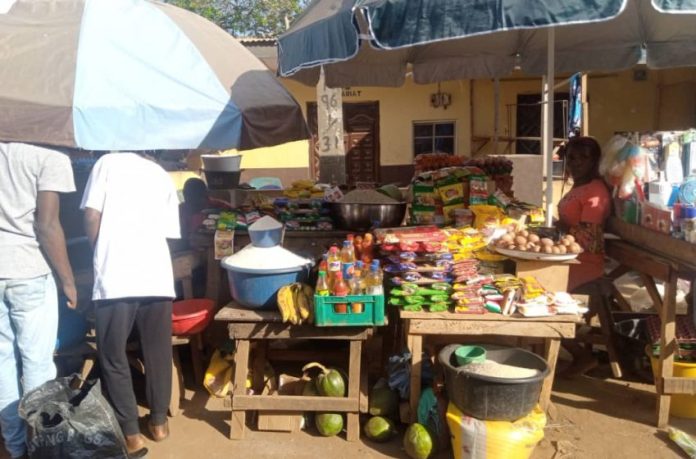An analysis of the ‘Selected Food Price Watch’ report published monthly by the National Bureau of Statistics reveals that Ebonyi and Abia states have experienced a 31 percent increase in food prices from July 2022 to July 2023.
The report focuses on essential food items such as rice (1kg), beans (1kg), bread (500g), tomatoes, beef, wheat (2kg), garri (1kg), and palm oil (1 bottle).
Food prices surge
Yam saw the highest price increase, surging by 42 percent from N389.75 in July 2022 to N539.41 in 2023.
Following closely, the price of one kilogram of rice increased from N467.80 to N653.49 within 12 months.
Similarly, the price of palm oil increased by 35 percent, from N890.67 to N1208.62 during the same period.
Other staple foods contributing to the food price hike included Garri (1kg), which increased by 33 percent from N323.17 to N429.89, and 500g of sliced bread, which rose from N486.27 to N651.78 (+34 percent).
Kilograms of tomato (N446.81 to N557.96), Wheat (2kg) (N1094.72 to N1419.14), and Beef (N2118.84 to N2758.13) also witnessed significant price spikes.
Further analysis of the report revealed that South-Eastern states, led by Abia and Ebonyi, recorded the highest food prices during the twelve-month period.
In contrast, North Central states (Kogi, Niger, Benue) recorded the lowest food prices during this time.
The National Bureau of Statistics highlighted that food inflation, at 29.34 percent in August, was a primary factor contributing to the rise in headline inflation from 24.08 percent in July to 25.80 percent in August.
The increase in food inflation was attributed to rising prices of oil and fat, bread and cereals, fish, fruit, meat, vegetables, potatoes, yam and other tubers, vegetable oil, milk, cheese, and eggs.

